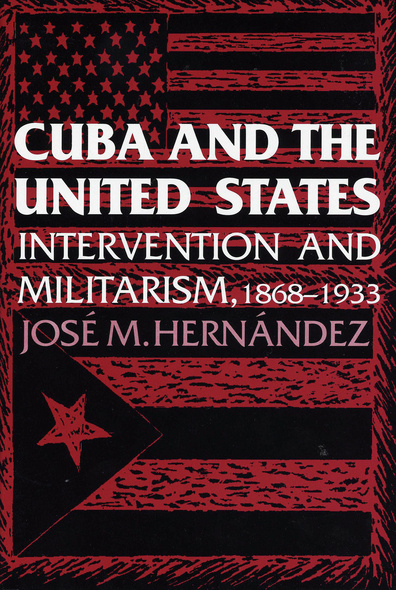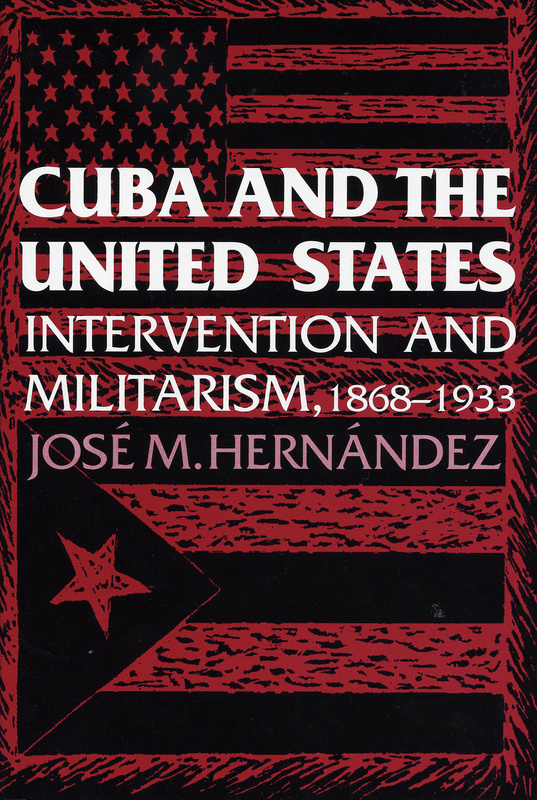Cuba and the United States
Intervention and Militarism, 1868-1933
When Cuba threw off the yoke of Spanish rule at the end of the nineteenth century, it did so with the help of another foreign power, the United States. Thereafter, the United States became involved in Cuban affairs, intervening twice militarily (1898-1902 and 1906-1909). What was the effect of U.S. intervention?
Conventional wisdom indicates that U.S. intervention hindered the rise of militarism in Cuba in the early years of statehood. This pathfinding study, however, takes just the opposite view. Jose M. Hernández argues that while U.S. influence may have checked the worst excesses of the Independence-war veterans who assumed control of Cuba's government, it did not completely deter them from resorting to violence. Thus, a tradition of using violence as a method for transferring power developed in Cuba that often made a mockery of democratic processes.
In substantiating this innovative interpretation, Hernández covers a crucial phase in Cuban history that has been neglected by most recent U.S. historians. Correcting stereotypes and myths, he takes a fresh and dispassionate look at Cuba's often romanticized struggle for political emancipation, describing and analyzing in persuasive detail civilmilitary relations throughout the period. This puts national hero Jose Martí's role in the 1895-1898 war of independence in an unusual perspective and sets in bold relief the historical forces that went underground in 1898-1902, only to resurface a few years later.
This study will be of interest to all students of hemispheric relations. It presents not only a more accurate picture of the Cuba spawned by American intervention, but also the Cuban side of a story that too frequently has been told solely from the U.S. point of view.
... a well researched, well written historical work. It covers a period of Cuban history that has been neglected by most historians. The author uses original sources and provides innovative interpretations of an important period in the island's history.
- Preface
- Introduction
- 1. The Struggle for Independence
- 2. The Impact of U.S. Intervention
- 3. The Liberators As a Political Force
- 4. The Disbandment of the Liberating Army
- 5. The Estrada Palma Interlude
- 6. The Beginnings of Factionalism: The 1906 Uprising
- 7. “Keeping Cuba Quiet”: The Second Intervention
- 8. The Republic under Its Liberators
- Notes
- Bibliography
- Index





